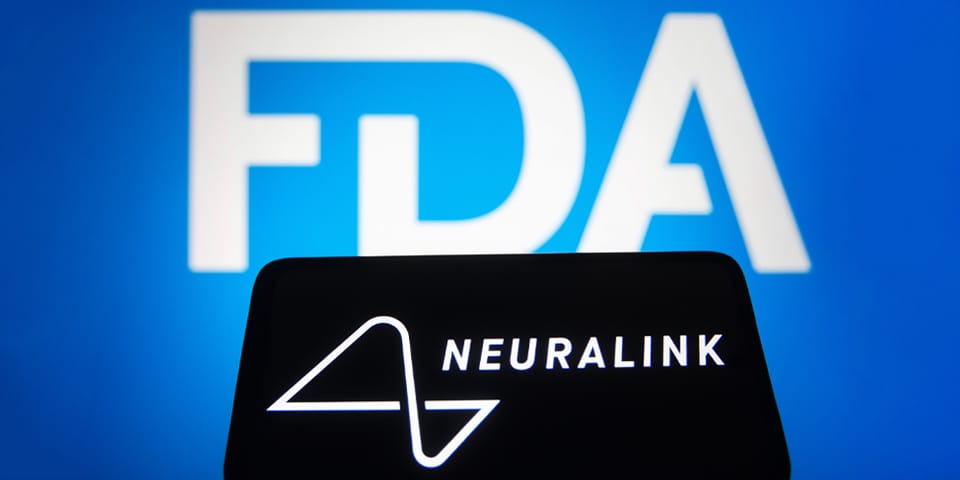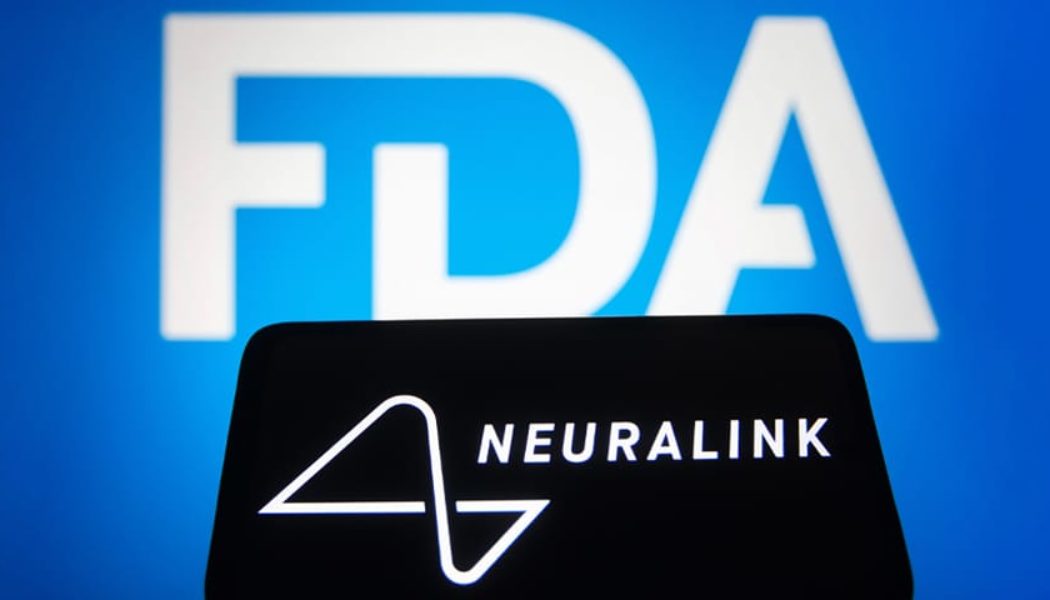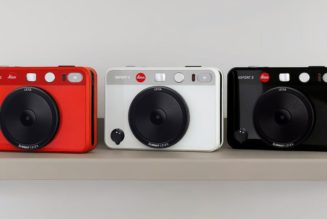
Elon Musk’s brain-computer interface (BCI) startup Neuralink reportedly had its request to begin human trials of its product denied by the FDA. Per a report from Reuters, the agency denied the company’s request in 2022 — following unsuccessful trials on pigs and primates that saw every pig and a vast majority of the primates equipped with one of the devices die.
According to current and former Neuralink employees, the FDA has a long list of worries surrounding the device’s trial, including the potential of its tiny implanted wires breaking loose and moving to other areas of the brain, how the device could potentially be removed without damaging brain tissue and potential failure of the lithium battery that powers it.
Never lacking for bombast or brash statements, Musk declared that Neuralink would secure FDA approval “within six months” last November, then doubled down on his reassurances in December by stating that human trials of the product would begin soon. If these reports hold true, Musk’s estimated timeline for the devices will be far off … if they ever clear regulatory procedures at all. “He can’t appreciate that [the human brain] is not a car,” a Neuralink employee told Reuters. “This is a person’s brain. This is not a toy.”
Neuralink, for its part, has not responded to requests for comment from Reuters or Engadget.
Elsewhere in the world of tech, Meta is set to launch its first fully-fledged AR glasses in 2027.









